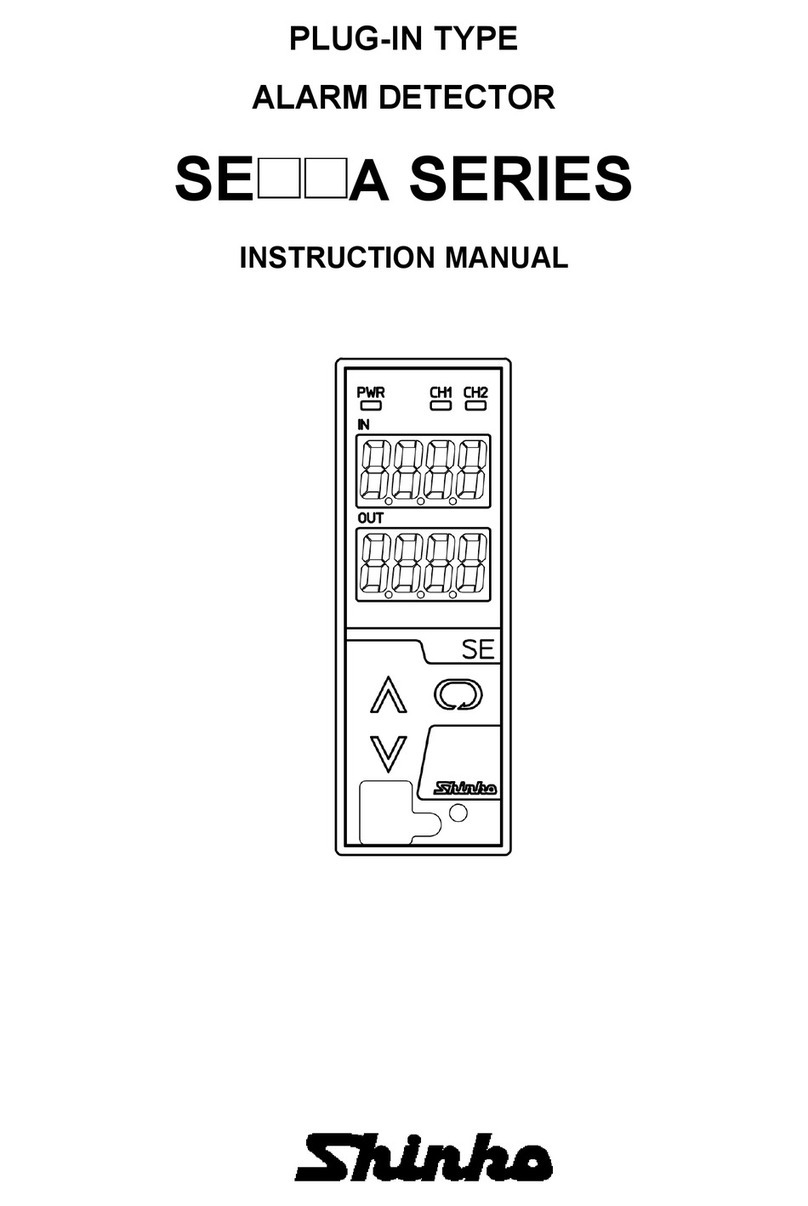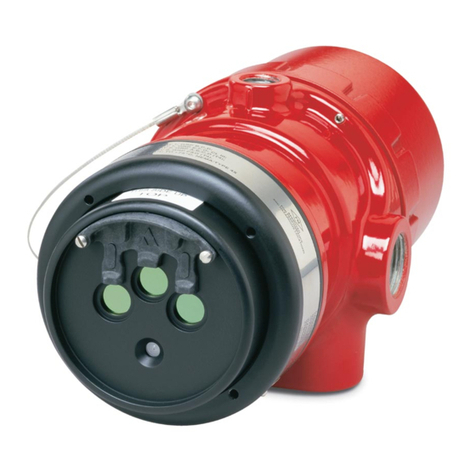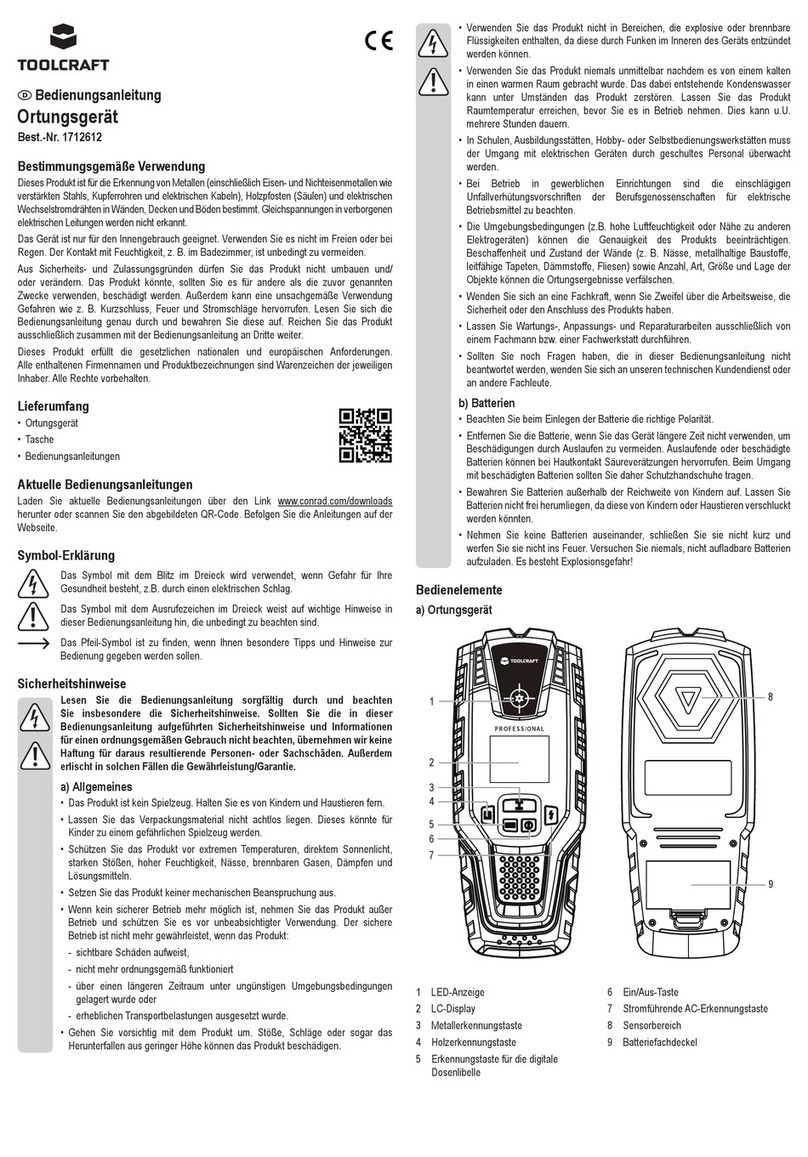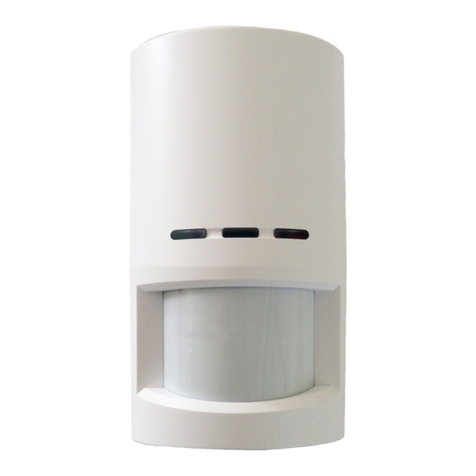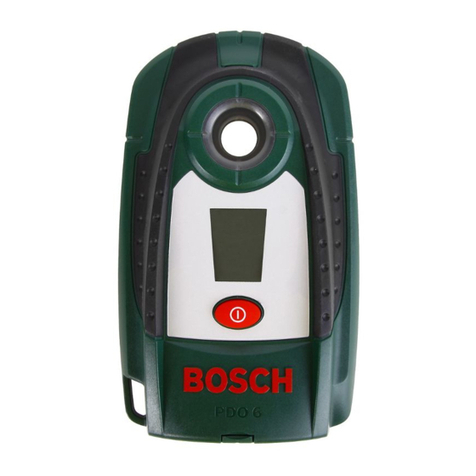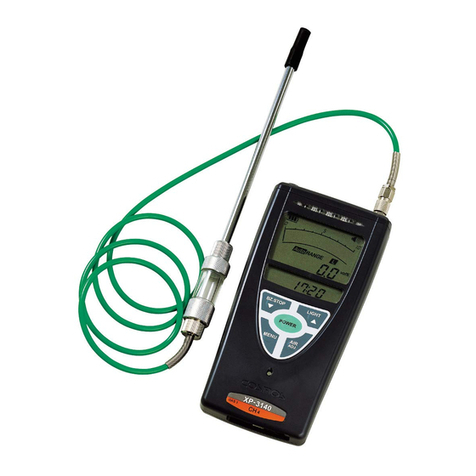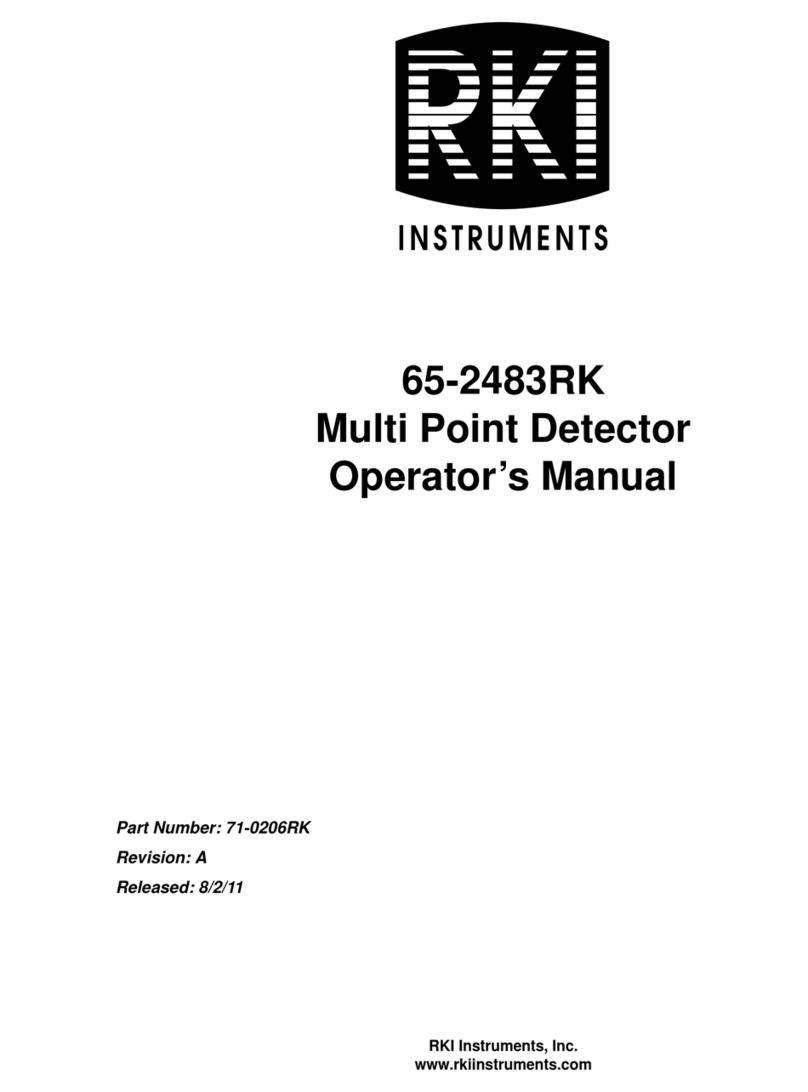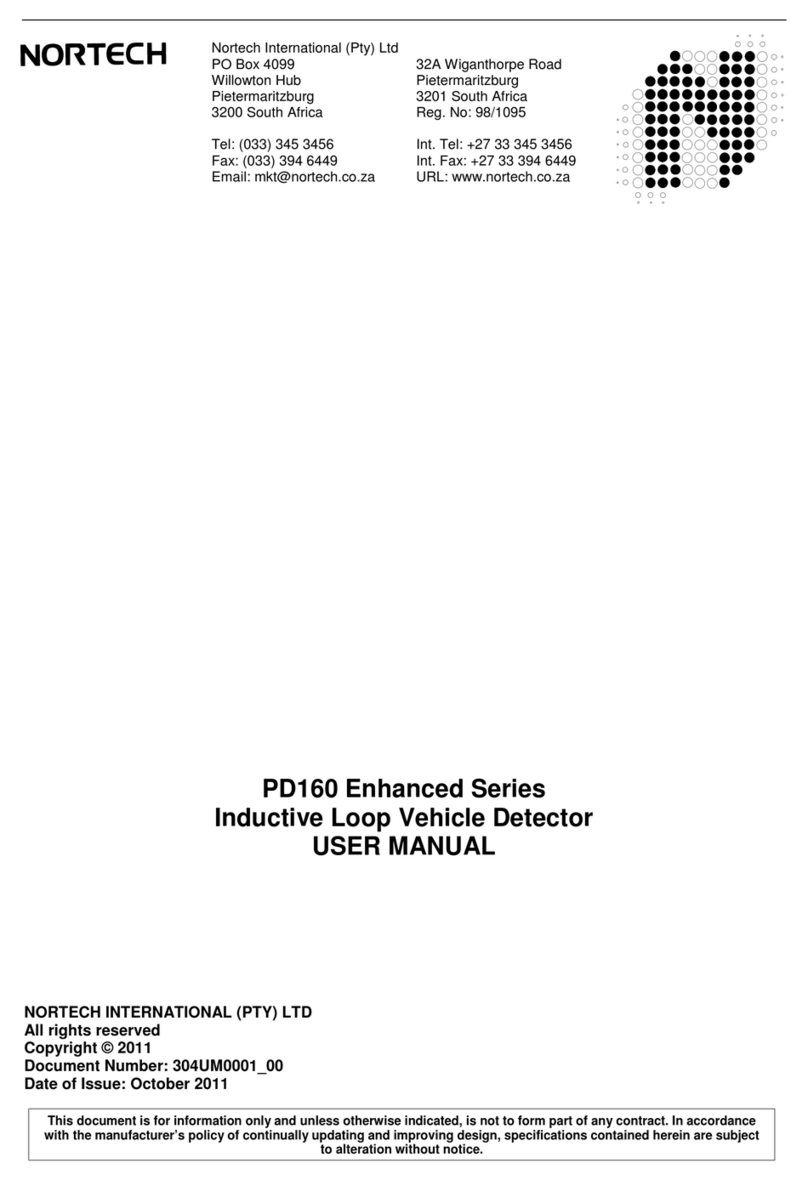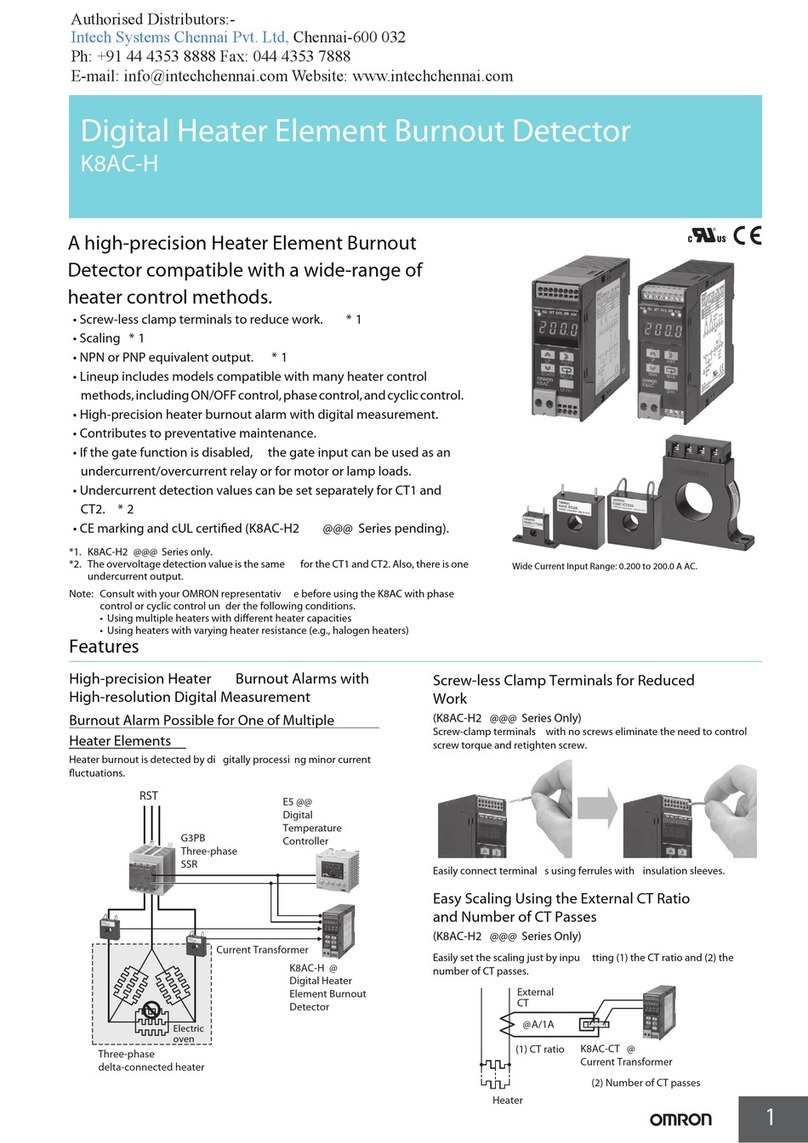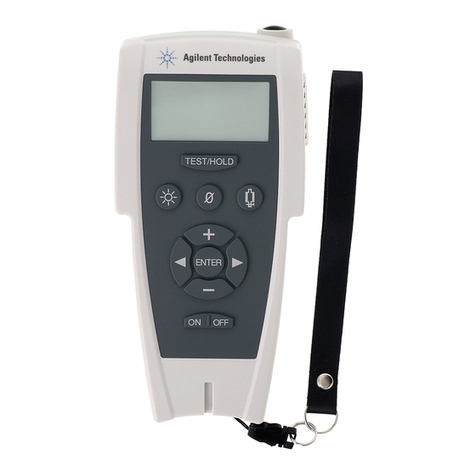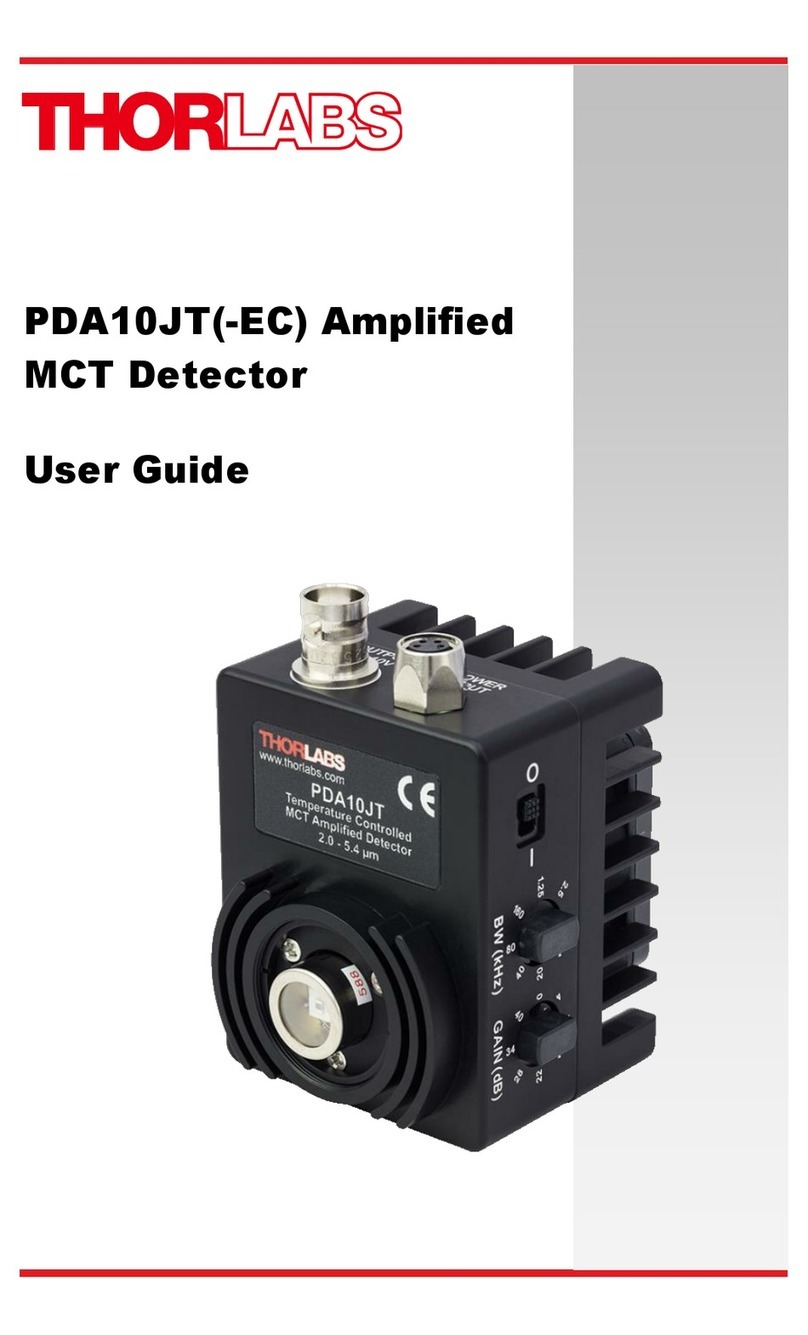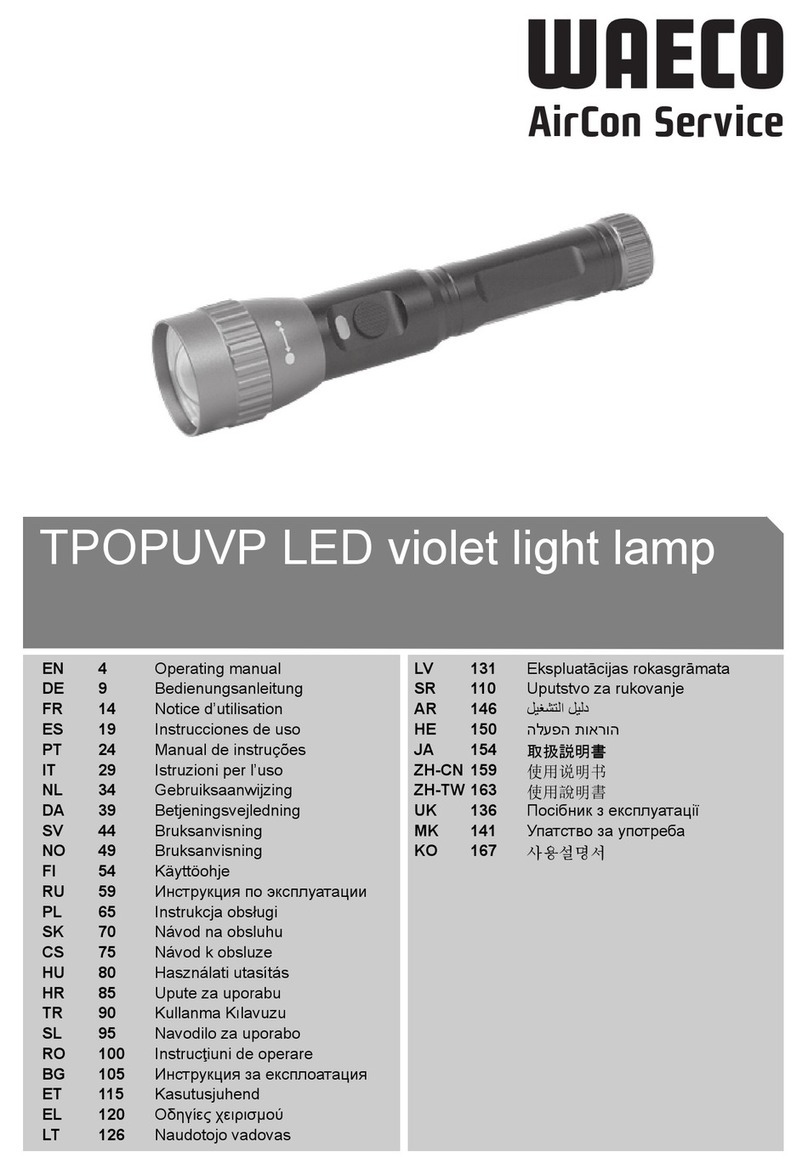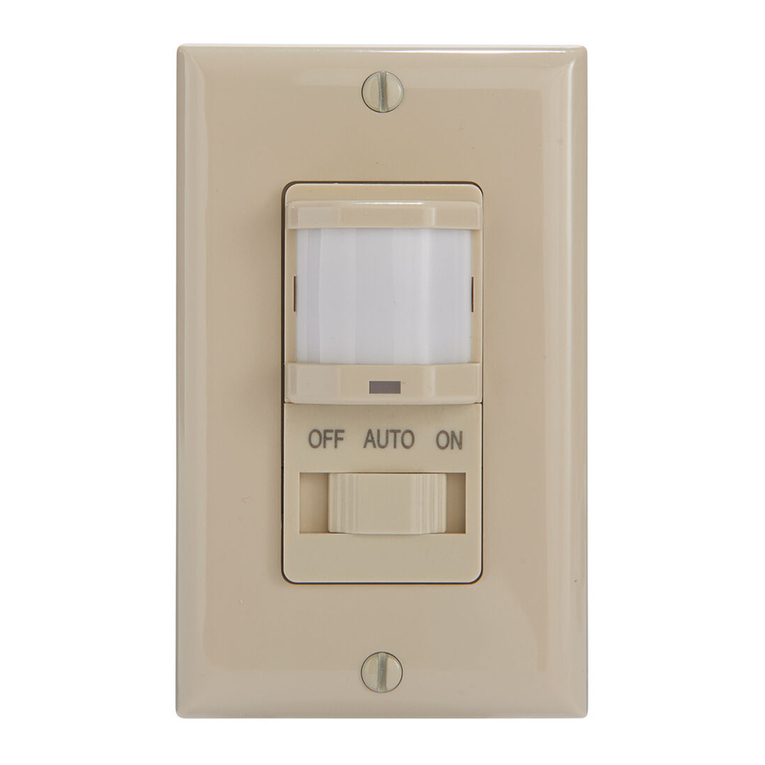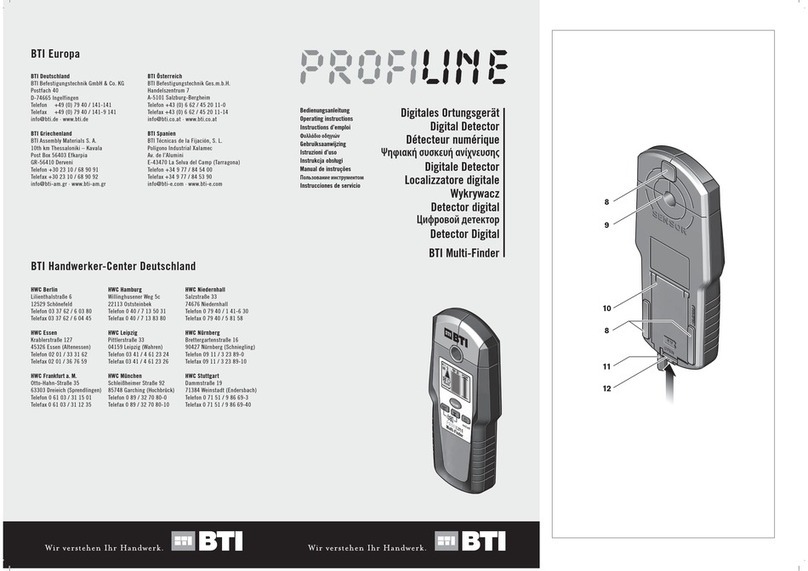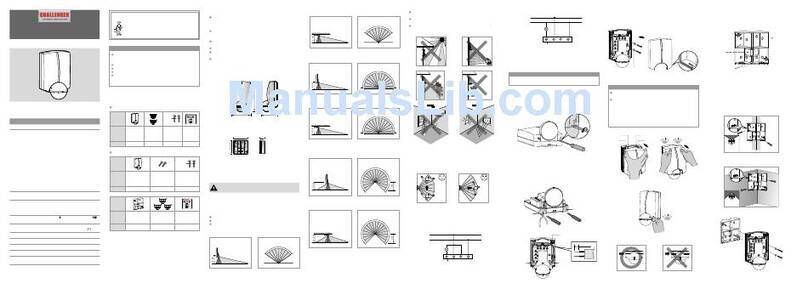
−3−
Introduction
■Safe Operation
In order to use the Gas Detector safely, be sure to observe the following items.
*Special Instruction and Warning :
Use Panasonic LR6XJK, Toshiba LR6, or Duracell MN1500 batteries. Use of any other
manufacturer or type will violate intrinsic safety requirement. Remove and replace the batteries
only in areas known to be non-hazardous.
1. Introduction (continued from previous page)
DANGER ●If the gas alarm turns ON, immediately take all necessary measures to
prevent explosion accidents and oxygen dificiency.
WARNING ●Be sure to turn ON the Gas Detector in clean air. Zero calibration (21vol%
calibration in the case of oxygen) is done automatically. Therefore, the
wrong gas concentration will be displayed if zero calibration is done in a
gas atmosphere.
●Do not close the suction port or exhaust port, or no gas detection will be
possible.
●Use the filter element in a clean state. Normal detection cannot be performed
if the filter element is dirty or moisture adheres to the filter element.
CAUTION ●Remove the batteries and store the Gas Detector if it is not to be used for a
long time.
●The Gas Detector has an explosion-proof construction. Do not disassemble
or modify the Gas Detector or change the structure or electric circuits of
the Gas Detector. Otherwise, the explosion-proof performance of the Gas
Detector will be damaged.
●Do not leave the Gas Detector in high-temperature or highly humid places,
or the performance of the Gas Detector may be adversely affected.
●Keep the Gas Detector away from radical temperature or humidity changes,
walkie-talkie, mobile phone, or its performance may be adversely affected.
●Keep the Gas Detector away from great atmospheric pressure changes, or
the performance of the sensor may be adversely affected or the sensor may
be damaged.
●Do not drop, hit, or apply a strong mechanical shock to the Gas Detector, or
its performance may be adversely affected.
●The Gas Detector is not drip-proof but the leather case protects the Gas
Detector from water drips. Keep the Gas Detector away from water drips as
much as possible.
●Keep the Gas Detector away from places close to where silicone sealing
materials are being used or silicon gas atmospheres, or its performance
may be damaged.
●Do not let the Gas Detector draw in water.
●High-density SO2or Cl2gas may shorten the life of the sensor or cause
considerable errors in the sensor.
●Do not use the Gas Detector under a pressure of two atmospheres or in
airplanes, or the Gas Detector may turn ON the alarm due to the change of
oxygen partial pressure.
